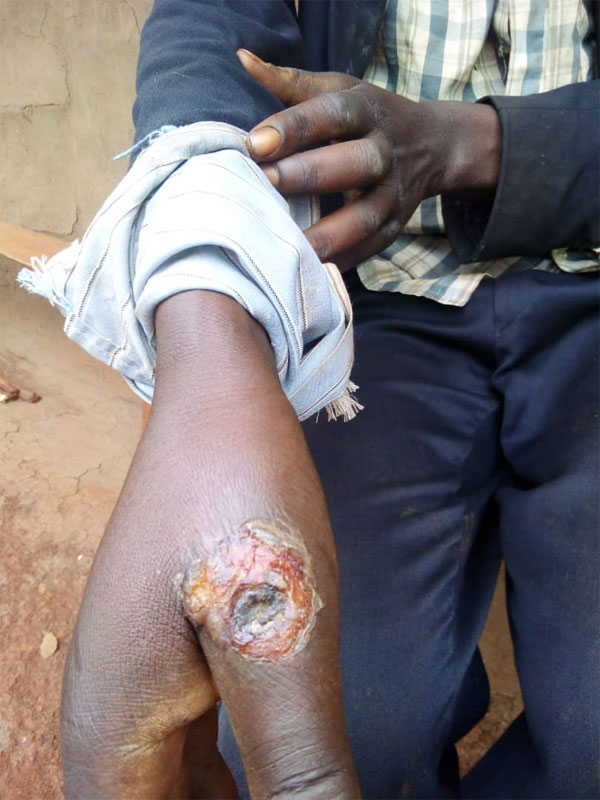
Kyotera, Uganda | THE INDEPENDENT | Authorities in Kyotera district have enforced a complete ban on the movement of livestock and its products to halt the apparent spread of anthrax from animals to humans. For nearly a month, the district has grappled with a rare outbreak of anthrax, initially confirmed in Kabira sub-county. This particular outbreak has claimed at least six lives and led to several hospitalizations.
Dr. John Lutaaya, the Kyotera District Veterinary Officer, explains that they’ve extended the livestock movement quarantine due to reports of the spread of the disease to other parts of the district beyond its initial sighting. Initially, a two-month quarantine was declared in the neighboring sub-counties of Kabira and Nabigasa.
However, Dr. Lutaaya states that the disease has spread rapidly to other areas, prompting broader interventions encompassing the entire district. He highlights that the disease has stealthily spread, resulting in numerous animal deaths. Consumption of the carcasses by humans has allowed the disease to proliferate.
Dr. Lutaaya reports 18 human deaths and around 40 people currently under treatment, prompting the implementation of a total livestock movement quarantine.
Additionally, there’s a ban on internal animal slaughtering, meat selling, and consumption across the district for a minimum of two weeks, facilitating a comprehensive risk assessment.
The bacterial infection, common in ruminant animals like cattle, goats, and sheep, leads to quick deaths in animals with minimal signs of infection on their carcasses. In humans, symptoms include flu-like illness and raised boil-like lesions on the skin, potentially fatal. Dr. Lutaaya appeals to the Ministry of Agriculture, Fisheries, and Animal Husbandry for vaccines to conduct mass livestock vaccinations.
Dr. Edward Muwanga, the Kyotera District Health Officer, mentions ongoing public health sensitization meetings as part of efforts to curb the disease’s spread in humans. Preliminary reports suggest direct contact with infected animals and their products, such as raw meat, milk, and skins, as the main mode of transmission to humans.
Enforcement of a complete quarantine aims to raise public awareness and contain the disease before it spreads to neighboring districts, according to Dr. Muwanga. Apollo Mugume, the Kyotera Resident District Commissioner and Chairperson of the district Response Taskforce confirms deploying security personnel along various routes to enforce the quarantine.
****
URN
 The Independent Uganda: You get the Truth we Pay the Price
The Independent Uganda: You get the Truth we Pay the Price


